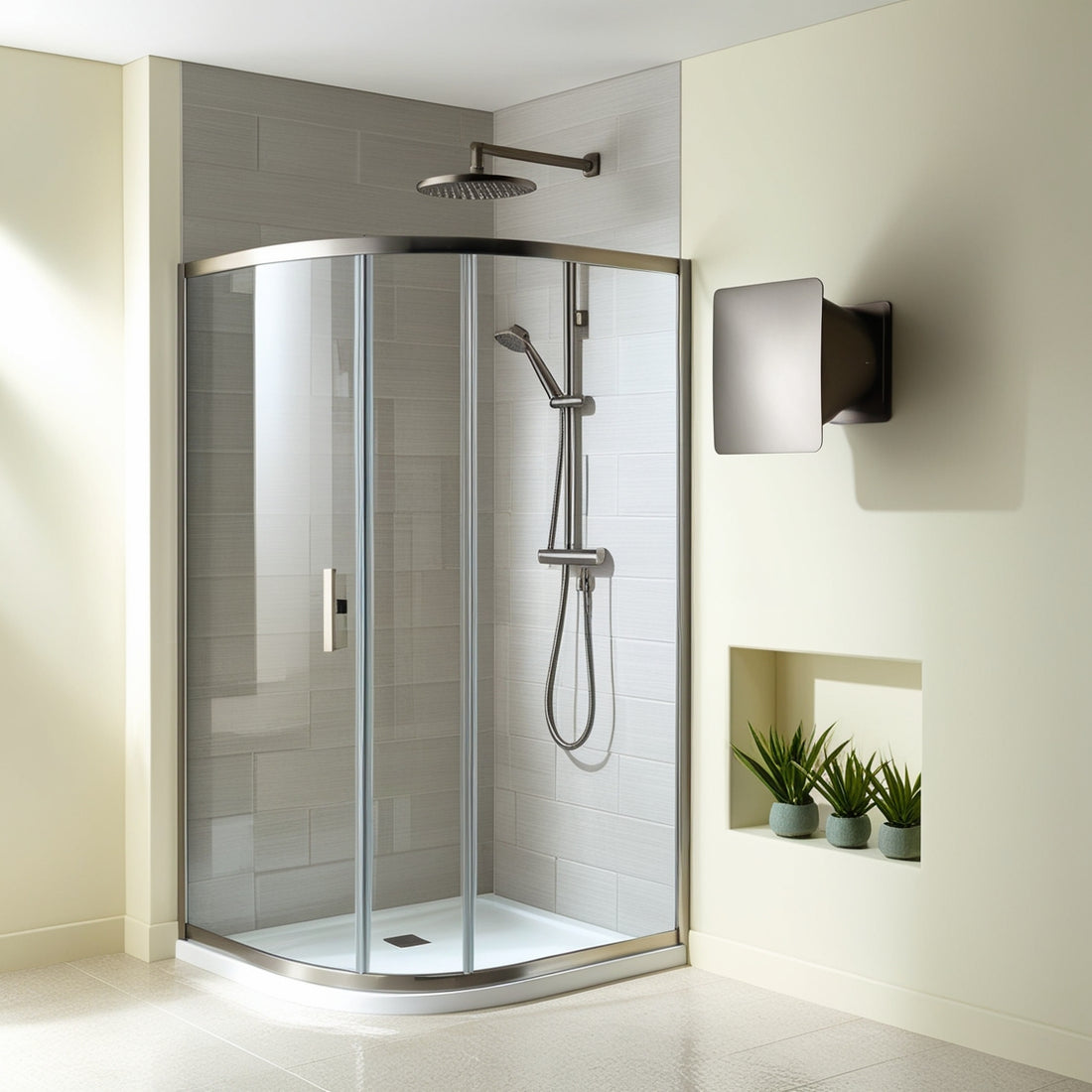
Key questions to ask yourself about your ventilation
Here’s a list of key questions to help you assess whether your home’s ventilation is efficient and effective:
General Ventilation Questions
-
Do you notice condensation on windows or walls?
- Persistent condensation is a sign of poor ventilation and excess humidity.
-
Does your home feel damp or musty?
- Damp odors can indicate inadequate airflow and trapped moisture.
-
Is the air in your home stale or stuffy?
- If rooms often feel stagnant, it may mean insufficient fresh air exchange.
-
Are there areas prone to mold or mildew growth?
- Mold usually develops in areas with poor ventilation and excess moisture.
-
Do you frequently experience drafts?
- Uneven airflow or uncontrolled air leaks can suggest imbalanced ventilation.
Ventilation System Questions
-
Do you have vents in key areas like kitchens, bathrooms, and attics?
- Kitchens and bathrooms produce high humidity levels and need effective extraction to prevent moisture buildup.
-
Are your vents, fans, or ductwork regularly cleaned and maintained?
- Blocked or dirty systems can reduce airflow and make ventilation less effective.
-
Do you use extractor fans during cooking or bathing?
- Failing to use these fans contributes to trapped moisture and poor air quality.
-
Does your home have a mechanical ventilation system?
- Systems like Heat Recovery Ventilation (HRV) can improve efficiency by exchanging stale air for fresh air while recovering heat.
-
Are vents or grilles blocked by furniture or decor?
- Blocked air pathways reduce the effectiveness of your ventilation system.
Energy Efficiency and Airflow Balance
-
Do you feel drafts or cold spots near windows, doors, or floors?
- This could mean heat loss through poorly sealed openings, which affects ventilation and energy efficiency.
-
Do you have trickle vents in your windows?
- Trickle vents provide a controlled way for fresh air to enter your home without causing significant heat loss.
-
Is your home adequately insulated?
- Insulation and ventilation work together—if one is lacking, the other can’t function optimally.
-
Does your home retain heat even after ventilation?
- Efficient ventilation allows for fresh air without significant heat loss. If warmth escapes too quickly, it may indicate poor insulation or excessive air leakage.
-
Have you considered a Heat Recovery Ventilation (HRV) system?
- HRV systems improve energy efficiency by retaining heat from outgoing air while bringing in fresh air.
Health and Air Quality
-
Do you or your family experience allergies or respiratory issues?
- Poor ventilation can trap allergens, pollutants, and moisture, impacting indoor air quality and health.
-
Does your home have visible signs of pollution (e.g., soot or discoloration on walls)?
- Inefficient ventilation can allow indoor pollutants to build up.
-
Are you opening windows regularly?
- If mechanical ventilation is insufficient, opening windows can be a temporary solution, though it might impact energy efficiency in cold weather.
By asking yourself these questions and addressing any issues, you can create a home environment that balances effective ventilation, energy efficiency, and indoor comfort. If problems persist, it may be worth consulting a professional for an energy or ventilation assessment.
